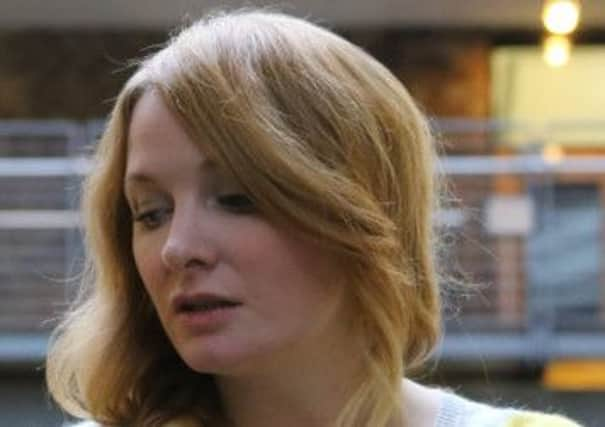Book review: Fishnet by Kirstin Innes


Fishnet
Kirstin Innes
Freight, £8.99
She was funny and warm-hearted and I liked her, and compared with that, the gender politics that swirl around her job faded away completely.
For her debut novel, Kirstin Innes has researched the world of prostitution infinitely more assiduously. She wants to explore the world of paid-for sex in all its manifestations, from the streetwalker running daily risks from male brutality to the in-control, self-assured, bright, top-class escort. Ban prostitution, and provide prostitutes with different jobs they could do instead, and the first kind of prostitute might actually benefit: a more ordered life, fewer late-night visits to A&E. The second kind, not in any danger, exercising freedom to use their own bodies as they want, would regard it as not just a restraint of trade but of feminist principles too.
Advertisement
Hide AdSo yes, there’s a paradox to worry away at here, and that’s what Innes is doing in her story of Fiona, whose younger sister Rona disappeared into prostitution’s twilight world seven years ago, leaving her to bring up a baby. The story is soaked in gender politics, not just those of the “brilliant, articulate and inspiring” women Fiona meets at the local branch of the sex workers’ union, but the way in which Rona’s daughter is convinced her mother is “a Barbie princess”.
Dice, in other words, are being loaded here, just as one might expect from an evangelical tract. Characterisation is at similarly agit-prop levels, so much so that when a friend rounds on Fiona and accuses her of being self-centred and sneering, it is such a change from Innes’s otherwise Manichean schema that one almost cheers.
It’s clearly right that fiction should try to drag prostitution from out of the shadows and shed light on everyday sexism in the process. Innes does both, and I don’t doubt that this is a range-finder for something more emotionally precise to match her undoubted writerly skills and ambition.